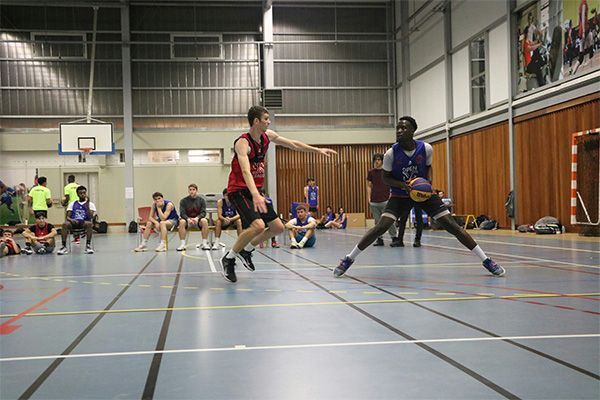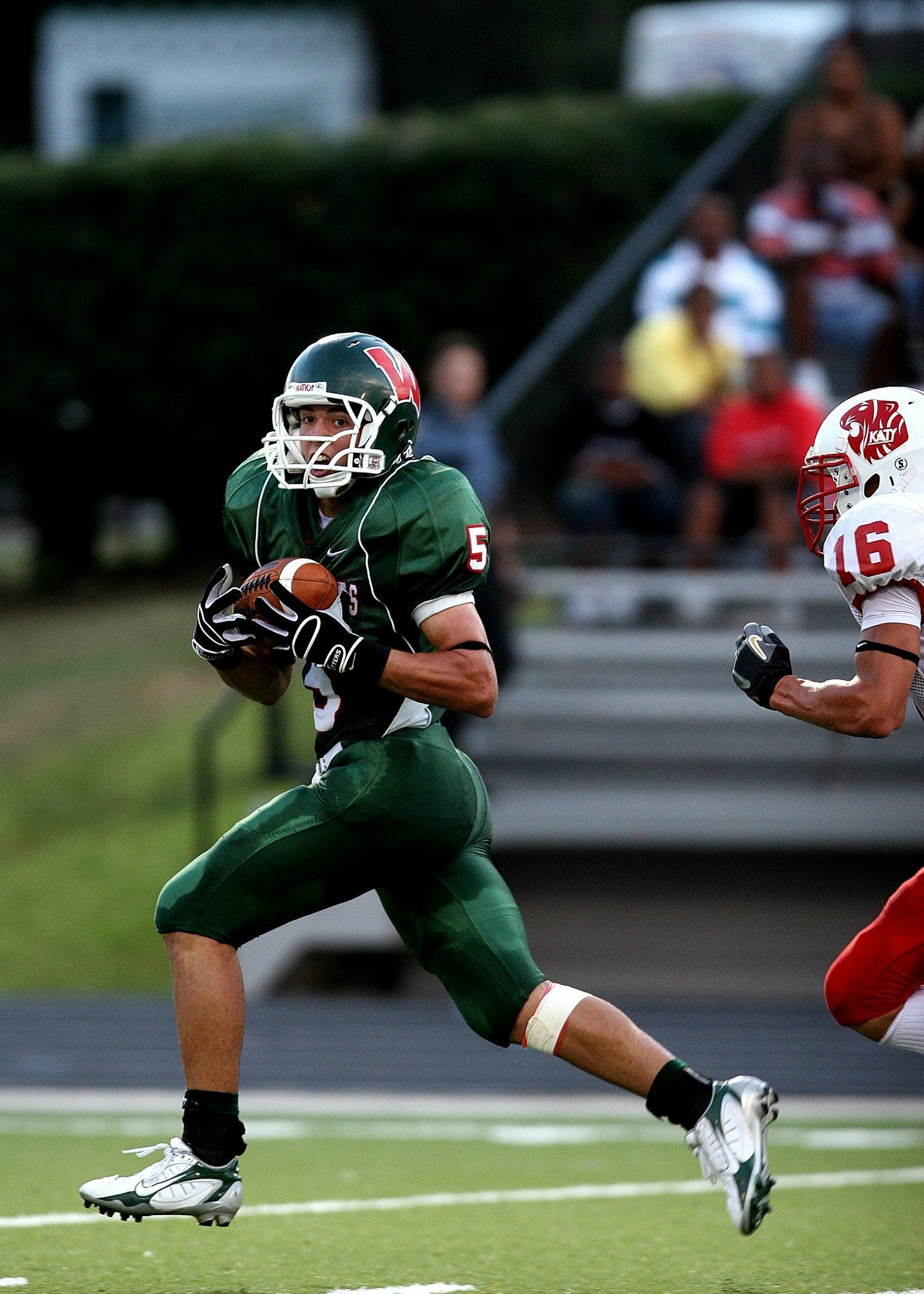By: Tim Bennett, MGCP
Mental Toughness vs. Mental Resilience, Part II
Now that we know what mental toughness is, what is looks like, and how to develop it, let us now talk about mental resilience. So then what is mental resilience? It is defined as “the process of adapting well in the face of adversity, trauma, tragedy, threats or even significant sources of stress.” (APA, 2014) This does sound like mental toughness. Yes but no. Can you be both mentally tough and mentally resilient? Yes but no.
Most if not all mentally tough individuals are resilient but not all resilient individuals are mentally tough. (Strycharczky, 2015) Resilience is usually associated with bouncing back after an event. It’s usually discussed as a method of recovering from something which has gone wrong. On the other hand, mental toughness relates to preparation for a difficult event. Strycharczyk finds it useful to think of the difference in terms of the phrase ‘survive and prosper.’ Resilience helps you to survive, and mental toughness helps you to prosper.
There are three basic differences between the two traits. The first is that mental resilience is usually associated with bouncing back after an event. Mental toughness relates to preparation before an event. Mental resilience is a way of recovering or responding to circumstances that are external like game context, weather, fans, or opponent. Toughness arises from within, like mindset. This difference which is the biggest is choice. Mental resilient people adopt a positive mindset because they HAVE to if they want to bounce back. Mentally tough people have a positive mindset because they choose to. They approach challenges, obstacles, or setbacks as positive and as learning opportunities.
A person can develop mental resilience in much the same way as mental toughness. By using a growth mindset, preparing for setbacks and overcoming them is essential in growing mental resilience. Setbacks are often viewed as failures, which can lead to a sense of discouragement and loss of motivation. Instead, can you be constructive rather than critical when reviewing your performance? What aspects were under your control (e.g., your pre-performance routine) and which were not (e.g., the weather)? Were you still able to uphold your values as an athlete throughout this setback? What have you learned and gained as an athlete from this experience? How can you generate a plan for tackling these setbacks in the future? A second way to grow mental resilience is life balance. Allowing yourself as an athlete to have a balanced lifestyle, socially and mentally can foster resilience within your sport. Participating in different activities with your friends and family can allow for a distraction from the negative stressors that are often part of a competitive environment. Additionally, being able to mentally take a step back and switch your focus between sport and non-sport-related activities can increase mental recovery and thus resilience.
Is there something that comes after mental toughness and mental resilience for those times when all of your mental, physical, and emotional resources are empty? When mental toughness in combination with mental resilience isn’t enough to overcome obstacles? Is there a superhero-type version of mental toughness? You know, just in case…. Yes!
It is called Sisu.
Sisu is an ancient Finnish construct denoting extraordinary determination in the face of adversity. There is no concrete definition or English equivalent. The brilliant Finnish researcher, Elisabet (Emilia) Lahti describes it as an internal, latent force that moves you forward when you think you have reached your limit. This term dates back hundreds and hundreds of years in Finnish culture. It is not a character trait but a mindset, an action mindset, “a consistent, courageous approach toward challenges which at first seem to exceed our capacities.” Sisu is about reaching beyond our perceived limits and stretching the boundaries of our mental toughness and resilience.
“take action against all odds and transform barriers into frontiers.”
The difference is that mental toughness and mental resilience are what we know about ourselves or what we perceive ourselves to be capable of. Our coaches often help us beyond some of these self-constructed limits. But oftentimes we don’t yet know our internal strengths. Our coaches don’t know it either. We don’t know because we can’t predict what events may befall us or our response to them on the field, on the court, or in life. In these extreme circumstances, mental toughness/resilience runs out and sisu begins!
At its center is that, in each of us, there is something more, something unknown that will allow us to survive, thrive, and prosper! We don’t know our true strength until truly tested. It is how we approach these tests, not as a pass or fail, but as an opportunity to show our sisu.
Most if not all mentally tough individuals are resilient but not all resilient individuals are mentally tough.
The post Mental Toughness, Mental Resilience and SISU: Part Two appeared first on Focus Therapy.










